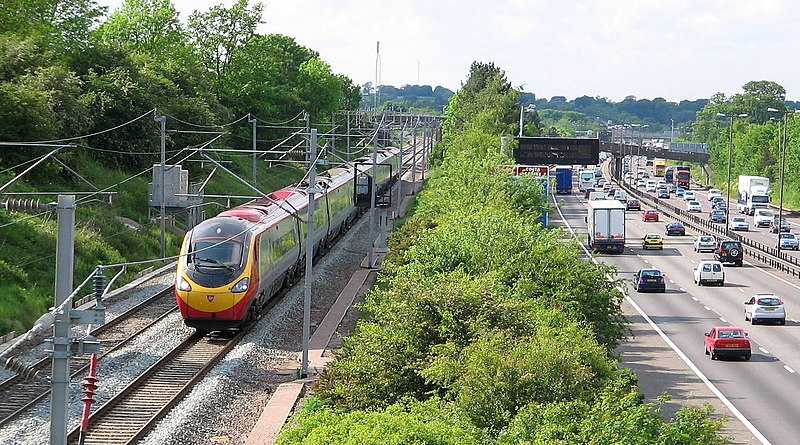
Travelers are bracing for significant disruptions over the upcoming bank holiday weekend, as rail workers from 14 rail companies across England are set to go on strike on Saturday.
Approximately 20,000 members of the RMT union are participating in the strike as part of an ongoing dispute concerning pay.
This strike coincides with events such as the Notting Hill Carnival and the Reading and Leeds festivals, which draw thousands of attendees.
Adding to the tension, a plan to shutter ticket offices across England has deepened the frustration of rail unions, who caution that further strikes may ensue if an agreement is not reached.
Transport Focus, an independent passenger watchdog, revealed that a public consultation on the closure plans has garnered 460,000 responses prior to the September 1st deadline.
The RMT strike on Saturday, its 24th since the previous summer, will result in a reduced schedule across much of England, with some routes to Scotland and Wales also affected. Roughly half the regular train services will be operational, and in many regions, services will commence later and conclude earlier than usual.
The Rail Delivery Group, which represents rail operators, labeled the strike as "deliberately targeting passengers seeking to enjoy various sports events, festivals, and the end of the summer holidays."
The Department for Transport noted that the government had been proactive in attempting to resolve these disputes by facilitating equitable and reasonable pay offers. It criticized the RMT's strike action as detrimental to the industry's future.
The Night Time Industries Association condemned the strike as "reckless," warning of potential chaos at major events like the Notting Hill Carnival and the Reading & Leeds Festival due to the limited transport network.
The RMT and Aslef, a train drivers' union, have staged a series of strikes since the previous summer, effectively paralyzing a significant portion of the rail network.
The RMT indicated that the new strike action was prompted by the absence of an improved offer, following its rejection of the industry's latest propositions in the spring.
Mick Lynch, General Secretary of the RMT, affirmed that union members are targeting Saturdays for strikes. "The strike has to be effective," he emphasized. While there is no intention to disrupt specific activities, Saturday is the busiest day for railways, prompting members to opt for this approach.
Additional action is scheduled for the weekend of September 1st-2nd, with Aslef workers striking on Friday and RMT members on Saturday. The RMT has the mandate to strike until November, with plans already in motion to re-ballot workers for further action in the autumn and winter.
Aslef is anticipated to escalate its campaign of industrial action in the coming months. The details are yet to be announced.
Over the next few days, engineering works will contribute to the disruptions. Network Rail is set to lay over 7,500 meters of new track, install 2,400 sleepers, and lay nearly 15,000 tonnes of ballast across the country.
As for the ongoing proposal to close ticket offices, Mick Whelan, head of Aslef, criticized operator plans, accusing the government of jeopardizing lives by reducing railway staff. Concerns were raised about vulnerability during early mornings and late nights, potentially leading to safety issues.
The backlash against these proposals, supported by the government, has included opposition from disability groups. Transport Focus, responsible for collecting public opinions on the matter, reported a substantial response, and it will analyze the feedback before deciding whether to endorse or oppose the plans.
Factors such as station staffing, accessibility, alternative ticket purchasing options, and continued access to station facilities will be evaluated.
A spokesperson for the Rail Delivery Group argued that the closure plans for ticket offices will ultimately result in more staff available to assist customers in stations. Those affected by closures will be offered various options, including transitioning to new roles or undergoing retraining.
The Department for Transport affirmed that consultations regarding ticket office closures are ongoing, and no final decisions have been made. Photo by G-Man, Wikimedia commons.




































